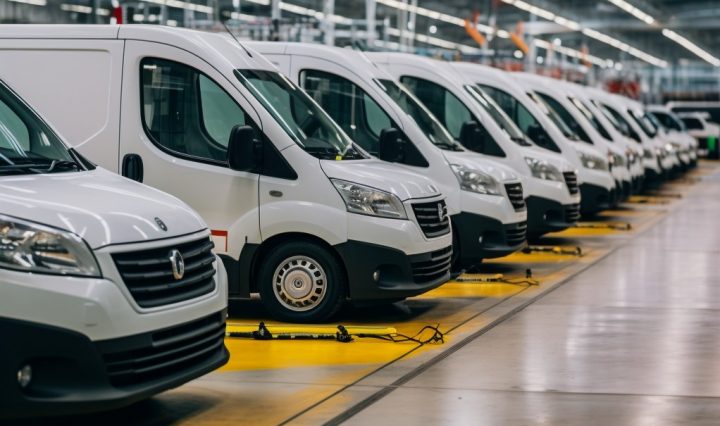Faster charging speeds are essential for the wider fleet adoption of electric vans in the future, says the Association of Fleet Professionals.
Currently, models available from major manufacturers are rated from around 50-125kWh, meaning that even the best will take around 40 minutes to charge from 10-80% in ideal circumstances, and are usually slower in real world conditions.
Paul Hollick, chair at the AFP, said, “When it comes to tackling the reasons behind slow fleet adoption of electric vans, prominence has been given to issues of range and payload but there has been limited discussion of charging speeds.
“In fact, as discussed at a recent meeting of our megafleets committee, which consists of our members who operate very large fleets, charging speeds tend to be a bigger real-world frustration. Having a driver sitting around for an hour while their van charges is expensive.
“If vans were capable of faster charging then, to a significant extent, other issues affecting them tend to become more manageable. For example, the negative impact of higher payloads on range becomes less important if you can recharge to 80% every 125 miles in 15 minutes.”
A further boost to electric van practicality could be delivered soon by the removal of some compliance requirements for 4.25 tonne electric vans.
“As has been widely reported, the government is working its way through the technical issues in this area and we hope to see progress soon on eliminating what we consider unnecessary tachograph, driver hours and MOT requirements.”
AFP members were very aware, he added, that the ZEV Mandate was now rapidly ramping up sales targets for electric vans, reaching 24% in 2026.
“Sales continue to lag some way behind the government targets but manufacturers are going to come under increasing pressure to push electric vans onto fleets. The point in time when most operators can no longer ignore electrification and carry on buying diesel is coming soon.”
